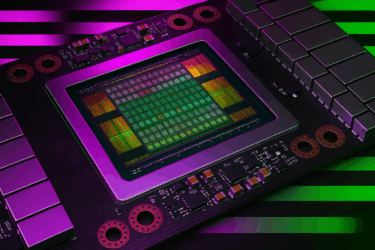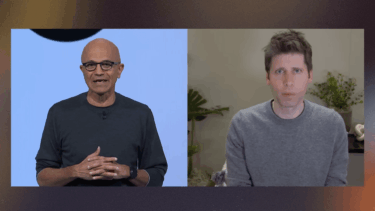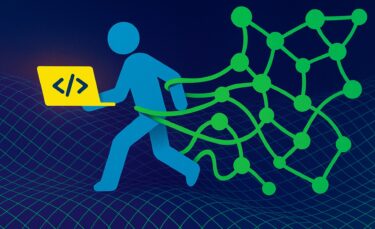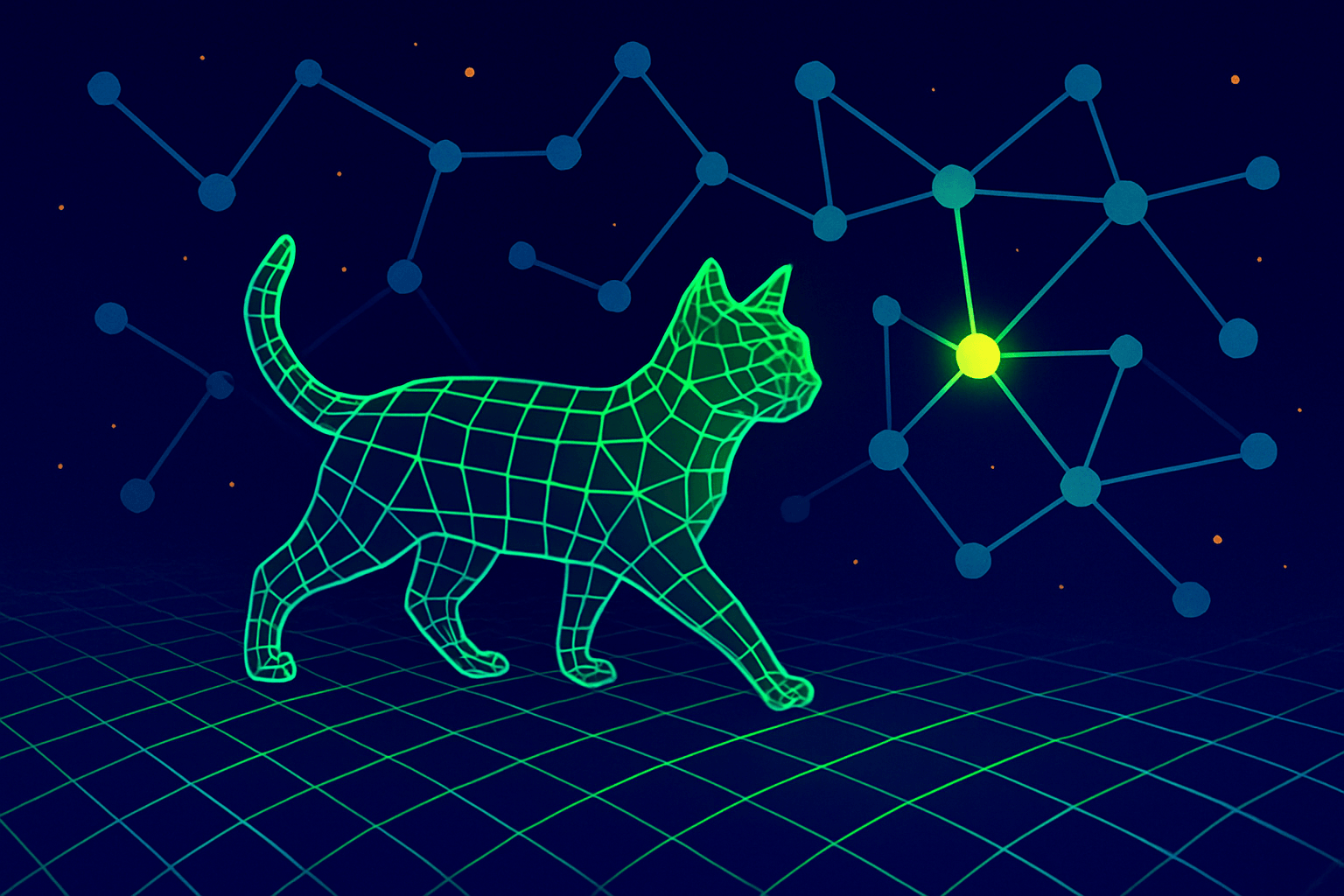Update:
Microsoft CTO Kevin Scott confirms MAI on LinkedIn: "I'm not sure why this is news."
For nearly five years, Microsoft has been building increasingly powerful supercomputers that OpenAI uses to train "frontier-defining" AI models, Scott said.
Both companies then make those models available in their products and services. Microsoft's own research teams also build AI models that are used across the company's offerings, with some models such as Turing, MAI, and the open-source Phi.
Scott emphasized that the agreement with OpenAI will continue "well into the future," with no end in sight to the impact of their collaboration.
Original article from May 6, 2024:
Microsoft is reportedly working on its own large AI model to compete with GPT-4 or Google Gemini.
Microsoft apparently wants more independence from OpenAI, and for the first time is training its own large-scale AI language model (LLM) that can compete with leading models from Google, Anthropic, and OpenAI itself, reports The Information.
Two Microsoft employees said Mustafa Suleyman, the former Google Deepmind AI chief who most recently led AI company Inflection before Microsoft acquired much of its staff and paid $650 million for intellectual property rights, is responsible for the new model, known internally as MAI-1.
However, sources say MAI-1 is a Microsoft model, not one acquired from Inflection, although it is based on the startup's training data and technology.
The new model will be significantly larger than the open-source models previously trained by Microsoft, with around 500 billion parameters, according to the sources.
By comparison, Meta's largest Llama 3 model, which is said to outperform GPT-4 in all areas, has more than 400 billion parameters. However, the number of parameters is no longer the only measure of an AI model's performance. The original GPT-4 reportedly had about 1.8 trillion parameters.
Microsoft is now going small and big
Microsoft is now pursuing a dual strategy: in addition to "small" and inexpensive language models for local applications and mobile devices, the company also wants to develop large, state-of-the-art models.
This move signals that Microsoft hopes to go its own way with AI, independent of OpenAI, whose technology is currently used in all of Microsoft's AI co-pilots, while Microsoft is constantly competing with OpenAI in the B2B business.
Another reason could be that antitrust authorities in Europe and the U.S. are investigating Microsoft's multibillion-dollar partnership with OpenAI. With the stealth acquisition of Inflection, Microsoft has strengthened its internal capability to develop its own large AI models.
The Phi series shows that Microsoft is now capable of developing competitive language models: these smaller models for local use are optimized for efficiency and require less computing power. In the past, Microsoft was apparently afraid of Google's AI dominance, slept on machine learning, and therefore invested in OpenAI.
According to The Information's sources, Microsoft has reserved a large cluster of Nvidia GPUs and compiled training data to train the new, much larger model. This includes data from smaller models, text generated by GPT-4, and public data from the Internet.
The exact purpose of MAI-1 has not yet been determined and will depend on the model's performance, according to one of the sources. Microsoft may unveil the new model at its Build developer conference at the end of May - if development goes smoothly in the coming weeks.







